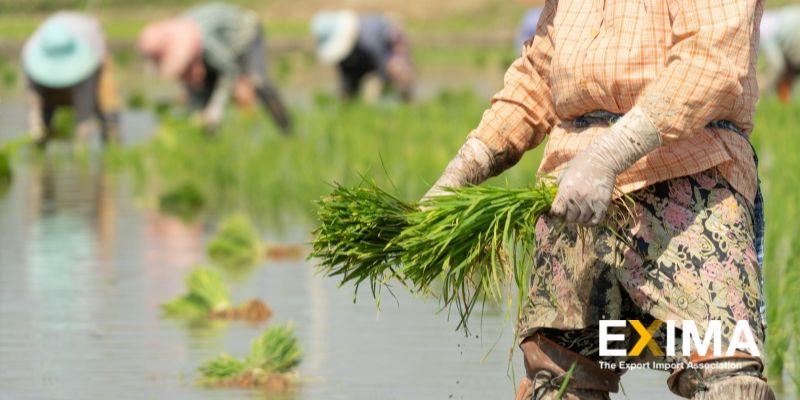The European Union (EU) has reimposed custom duties on a large portion of Cambodia’s exports. This is a response to what the EU sees as a systemic and serious violation of human rights by the government of the Southeast Asian nation. The union has long been concerned with Cambodia’s human rights record and have decided that the situation was not going to improve with the status quo.
EU-Cambodian Relations
The EU and Cambodia originally had an Everything but Arms, or EBA, agreement. This was a 2001 initiative that made all imports, except armaments, to the EU from the United Nations’ least developed countries (LDCs) automatically quota- and duty-free. Cambodia, with its fast-growing economy, took advantage of the EBA and it made the EU their biggest business partner.
In fact, Cambodia was the second-largest beneficiary of the EBA program, and in 2019, its exports to the EU were worth €5.6 billion, or $5.88 billion, according to EU estimates. The move concerns about 20% of Cambodia’s exports to the EU. Those goods can still be exported, but Cambodian businesses will have to pay tariffs, which may make exporting them prohibitively expensive.

Human Rights in Cambodia
Cambodia emerged from decades of war and genocide in the early 1990s. Many developed nations had hoped integrating Cambodia more with the world economy would help them grow and stabilize. For a while, that approach appeared to be working. But the status of human rights seems to have plateaued, if not regressed.
A notable crackdown on political opposition in 2017, specifically a ban on the Cambodian National Rescue Party (CNR), worried many observers. With no real opposition, the ruling Cambodian People’s Party won a 2018 election, which was considered to be rigged by many in the international community.
Subsequently, many CNRP members were arrested, had their passports cancelled, or fled the country. The government has also stripped away workers’ protections, especially in the garment industry, and curtailed rights to organize and collectively bargain.
Will the Measures Work?
Cambodia has not dramatically improved conditions for workers or opposition parties since the EU removed the preferential status of certain Cambodian exports. But such moves rarely work swiftly. The hope is that the Cambodian government will eventually decide the sacrifice to their economic development is not worth the degree of authoritarian rule they exercise. In January of this year, tariffs were removed from rice exports from Cambodia to the EU, but this appears to be more of an economic than diplomatic decision.
Stay Tuned with EXIMA News
EXIMA News is your go-to place for all the latest import/export information and news. Subscribe to our newsletter today!









